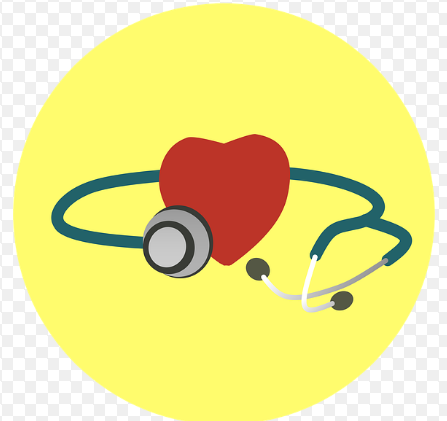Our lives can be complicated enough, but with all the other urgent concerns going on currently – hurricanes, wildfires, nuclear weapons testing, as well as the day-to-day stresses, the following information may prove very helpful to you or your loved ones.
While the post below is from the American Psychological Association and makes reference to psychologists as a helpful resource, there are many types of assistance available including our own Employee Assistance Program.
https://www.butler.edu/hr/benefits/health-wellness/employee-assistance-program
Spotting the Signs
One of the most common signs of emotional crisis is a clear and abrupt change in behavior. Some examples include:
- Neglect of personal hygiene.
- Dramatic change in sleep habits, such a sleeping more often or not sleeping well.
- Weight gain or loss.
- Decline in performance at work or school.
- Pronounced changes in mood, such as irritability, anger, anxiety or sadness.
- Withdrawal from routine activities and relationships.
Sometimes, these changes happen suddenly and obviously. Events such as a natural disaster or the loss of a job can bring on a crisis in a short period of time. Often, though, behavior changes come about gradually. If something doesn’t seem right with your loved one, think back over the past few weeks or months to consider signs of change.
Don’t wait to bring up your concerns. It’s always better to intervene early, before your loved one’s emotional distress becomes an emergency situation. If you have a feeling that something is wrong, you’re probably right.

Lend an Ear
If you suspect your loved one is experiencing a mental health crisis, reaching out is the first step to providing the help he or she needs to get better. Sit down to talk in a supportive, non-judgmental way. You might start the conversation with a casual invitation: “Let’s talk. You don’t seem like yourself lately. Is there something going on?”
Stay calm, and do more listening than talking. Show your loved one that you can be trusted to lend an ear and give support without passing judgment. When discussing your concerns, stick to the facts and try not to blame or criticize.
Seek Professional Help
Reaching out can help your friend or family member begin to get a handle on an emotional crisis. But professional help is the best way to fully address a mental health problem and get that problem under control. You can explain that psychologists have specialized training that makes them experts in understanding and treating complex emotional and behavioral problems. That training is especially critical when an emotional disorder has reached crisis levels.
Psychologists use scientifically tested techniques that go beyond talking and listening. They can teach their clients tools and skills for dealing with problems, managing stress and working toward goals.
To help your loved one find a psychologist to speak with, you might encourage your loved one to speak to his or her primary care provider about available mental health resources in your community. If your workplace has an employee assistance program (EAP), that can be a useful resource and referral service. You can also find a psychologist in your area by using APA’s Psychologist Locator Service.
Concerns About Suicide or Self-Harm or Threats to Harm Others
No emotional crisis is more urgent than suicidal thoughts and behavior, or threats to harm someone else. If you suspect a loved one is considering self-harm or suicide, don’t wait to intervene.
It’s a difficult topic to bring up, but discussing suicide will not put the idea in someone’s head. In fact, it’s not abnormal for a person to have briefly thought about suicide. It becomes abnormal when someone starts to see suicide as the only solution to his or her problems.
If you discover or suspect that your loved one is dwelling on thoughts of self-harm, or developing a plan, it’s an emergency. If possible, take him or her to the emergency room for urgent attention. Medical staff in the ER can help you deal with the crisis and keep your loved one safe.
If you think someone is suicidal or will harm someone else, do not leave him or her alone. If he or she will not seek help or call 911, eliminate access to firearms or other potential tools for harm to self or others, including unsupervised access to medications.
The National Suicide Prevention Lifeline is also a valuable resource. If you’re concerned about a loved one’s mental state or personal safety, and unable to take him or her to the emergency room, you can talk to a skilled counselor by calling 1-800-273-TALK.
If you’re concerned about a loved one, don’t put it off. You can make the difference in helping your friend or family member get back on track to good mental health.
Thanks to Jacqueline Gray, PhD, and Lynn Bufka, PhD, for contributing to this article.
Resources
http://www.apa.org/helpcenter/emotional-crisis.aspx









